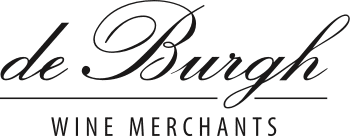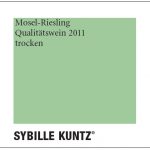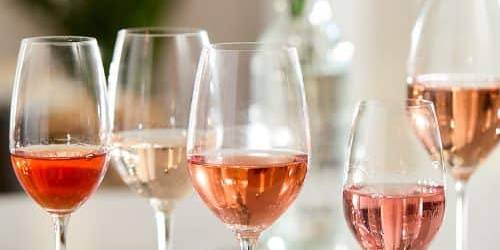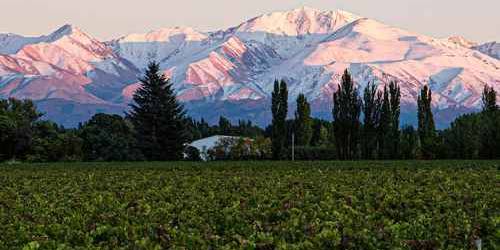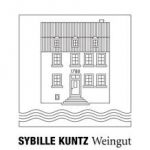
One of the first things she did was to start producing dry Rieslings, when the market was greedy for sweet wines and in 1990, she started using practising organic viticulture. In 2011, Sybille applied for certification. She then went on to use biodynamic methods (eventually receiving certification in 2016) and continued to make her interpretation of the best dry Mosel wines. Judging by Sybille’s accompishments now, we would say that her wines are not only modern, fresh and clean but we should also acknowledge the simple label designs on the bottles. This was a marked leap away from the stuffy Riesling labels that can quite rightly, sometimes bamboozle buyers, trying to negotiate the German quality control wine classification.
As soon as Sybille’s wine were brought to our attention, we could not get enough of them. It would be fair to say that we had not been as excited about German wines until we tried them. The marketing and quality of the wines are outstanding.
For those who are not familiar with the ‘dry’ levels of Riesling, here is a quick breakdown –
Qualitätswein means a wine of superior quality. Kuntz’s quality wine is a blend of her single vineyard sites in Kues, Kardinalsberg and Weisenstein. This Riesling Qualitätswein is picked at the beginning of harvest and is a fantastic entry level wine. It is crisp, fresh and a great balance of acidity.
Kabinett is mainly from old vines from the steep vineyards in the Paul valley, a side valley formed by the River Mosel some thirty-five thousand years ago. Today it is part of the single vineyard site Lieser Schlossberg. In earlier centuries a ‘Kabinett’ was a very good Riesling stored in a separate ‘cabinet’ of the wine cellar or room. It is basically the German equivalent to a Reserve wine because it is of superior quality.
Spätlese is also vinified dry and, as the German designation indicates, is picked late at harvest. Only the best grapes with the longest ripening period on the vine will be selected for the Spätlese from Niederberg-Helden. Due to a later harvest Spatlese is richer and fuller bodied with a residual sweetness.
For more information/tasting notes/prices on these wines, please contact our office – 01875 595 100 or drop us a line – orders@de-burgh.com.
Related Posts
It’s Rose Season!
April 24, 2024
Spring is well underway and even though there's a slight chill in the air. Some sun has been making a welcome appearance. We would say that its totally FINE to start drinking Rose now. And with up to…
Amazing Argentina – Explore the wines of Argentina
February 1, 2024
Argentinian vineyards The UK has been in a lust filled, tango dancing love affair with Argentinean Malbec for a while now. After the Falklands and Jeremy Clarkson’s unique style of diplomacy…
Christmas Delivery Dates & Cut Offs
December 6, 2023
Christmas Delivery Dates & Cut-Offs LAST ORDERS FOR UK-WIDE DELIVERY FOR CHRISTMAS IS MONDAY 18TH DECEMBER. We will be out delivering in our own vans too, so please get in touch to avoid…
